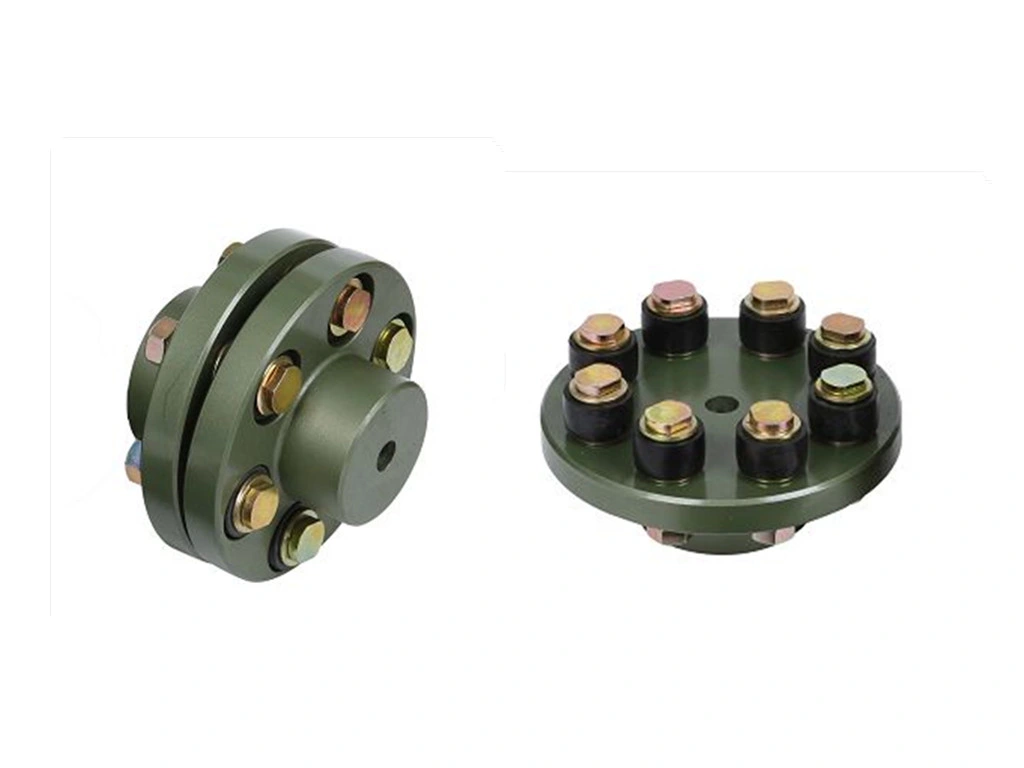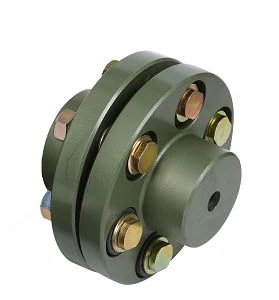Product Description
| Other Products List We Manufacture: | |
| 1.Industry valve | 1 PC Male/Female Thread Ball Valve |
| 2 PC Male/Female Thread Ball Valve | |
| 3 PC Male/Female Thread Ball Valve | |
| 1 PC Flange/Welding/Union Ball Valve | |
| 2 PC Flange/Welding/Union Ball Valve | |
| 3 PC Flange/Welding/Union Ball Valve | |
| Floating ball valve | |
| motorized ball valve | |
| electric ball valve | |
| trunnion mounted ball valve | |
| gas ball valve | |
| full port ball valve | |
| trunnion ball valve | |
| high pressure ball valve | |
| actuated ball valve | |
| flanged ball valve | |
| mini ball valve | |
| pneumatic ball valve | |
| water ball valve | |
| threaded ball valve | |
| 4 way ball valve | |
| ball valve shut off | |
| cryogenic ball valve | |
| segmented ball valve | |
| stainless ball valve | |
| 2 way ball valve | |
| metal seated ball valve | |
| locking ball valve | |
| pneumatic actuated ball valve | |
| rising stem ball valve | |
| 3 way flanged ball valve | |
| trunnion ball valve manufacturers | |
| locking ball valve | |
| spring return ball valve | |
| ball valve flange type | |
| 2.Industry Pipe Fittings | welded/thread Elbow |
| Tee | |
| Cross | |
| Cap | |
| Pipe Hanger | |
| Hose Joint | |
| Unions | |
| Quick connector | |
| Quick coupling | |
| Ferrule | |
| Reducer | |
| Socket | |
| Bend | |
| Plug | |
| Bushing | |
| Nipple | |
| Y-Tee | |
| Y-Shaped | |
| Lateral-Tee | |
| Flange | |
| 3 .Sanitary valve | Sanitary Butterfly Valves |
| Sanitary Check Valves | |
| Sanitary Ball Valvess | |
| Sanitary Reversal Valve | |
| Sanitary Diaphragm Valves | |
| Sanitary Sample Valves | |
| Sanitary Safety Valves | |
| Sanitary Control Valves | |
| Sanitary Relief Pressure Valves | |
| 4. Sanitary Pipe Fittings | Sanitary Elbow |
| Sanitary TeeSanitary Reducer | |
| Sanitary Cross | |
| Sanitary Triclamp Ferrule | |
| Sanitary Cap | |
| Sanitary Pipe Hanger | |
| Sanitary Tank Cleaning Ball | |
| Sanitary Hose Joint | |
| Sanitary Unions | |
| Sanitary Sight Glass | |
| Sanitary Strainer | |
/* January 22, 2571 19:08:37 */!function(){function s(e,r){var a,o={};try{e&&e.split(“,”).forEach(function(e,t){e&&(a=e.match(/(.*?):(.*)$/))&&1

Can flexible couplings be used in applications with high shock and impact loads?
Yes, flexible couplings can be used in applications with high shock and impact loads. In fact, they are specifically designed to absorb and dampen shock loads, making them well-suited for such challenging environments. Here’s how flexible couplings handle high shock and impact loads:
- Material Flexibility: Flexible couplings are made from materials with high elasticity and flexibility, such as elastomers (rubber-like materials) or metal alloys. When a shock load is applied, these materials can deform temporarily, absorbing the impact energy and preventing it from transmitting to the connected equipment.
- Vibration Damping: Shock loads often generate vibrations that can be harmful to the equipment. Flexible couplings with vibration-damping properties can further mitigate the effects of shock loads by absorbing and dissipating the vibration energy, reducing the stress on the machinery.
- Design Features: Some flexible couplings are specifically engineered with features to handle high shock loads. These may include reinforced structures, enhanced damping characteristics, or additional support to withstand the sudden forces generated by impacts.
- Load Distribution: Flexible couplings help distribute the shock load more evenly across the flexible elements or components, preventing localized stress concentrations that could lead to component failure.
- Resilience: The flexibility and resilience of the coupling material allow it to return to its original shape after the shock load has dissipated. This ability to recover from deformation ensures that the coupling can continue to accommodate misalignment and transmit torque effectively.
- Protection of Connected Equipment: By absorbing shock loads, flexible couplings protect the connected equipment from sudden and severe impacts, reducing the risk of damage or premature failure of critical components.
Applications with high shock and impact loads can be found in various industries, including mining, construction, material handling, and heavy machinery. Flexible couplings provide an essential role in maintaining the reliability and longevity of the equipment in these demanding environments.
When selecting a flexible coupling for an application with high shock and impact loads, it is crucial to consider the specific requirements and operating conditions. Consulting with the coupling manufacturer or a qualified engineer can ensure the proper coupling is chosen to meet the unique challenges of the application.

Can flexible couplings accommodate both radial and axial loads simultaneously?
Yes, flexible couplings are designed to accommodate both radial and axial loads simultaneously, making them versatile for various mechanical systems. The ability to handle these loads is one of the key advantages of using flexible couplings in power transmission applications. Here’s how they manage both types of loads:
- Radial Loads: Radial loads act perpendicular to the shaft’s axis and can arise from forces that are not in line with the shaft, such as belt tension or bearing loads. Flexible couplings can handle radial loads due to their flexibility and ability to bend or deform slightly, redistributing the radial forces and minimizing the impact on the connected equipment.
- Axial Loads: Axial loads act along the shaft’s axis and are common in applications with thrust forces or axial movements. Flexible couplings can accommodate axial loads through their axial flexibility, allowing slight axial displacement without transmitting excessive forces to the connected components.
- Angular Misalignment: Besides radial and axial loads, flexible couplings can also handle angular misalignment between the shafts. Angular misalignment occurs when the shafts are not perfectly aligned, and flexible couplings can compensate for this misalignment, reducing wear and stress on the connected machinery.
By accommodating both radial and axial loads, flexible couplings help prevent premature wear, reduce the risk of equipment damage, and contribute to smoother and more efficient power transmission. When selecting a flexible coupling for an application, it is essential to consider the expected radial and axial loads, as well as the required level of misalignment compensation to ensure optimal performance and longevity of the coupling and the connected equipment.

What are the advantages of using flexible couplings in mechanical systems?
Flexible couplings offer several advantages in mechanical systems, making them essential components in various applications. Here are the key advantages of using flexible couplings:
- Misalignment Compensation: One of the primary advantages of flexible couplings is their ability to compensate for shaft misalignment. In mechanical systems, misalignment can occur due to various factors such as installation errors, thermal expansion, or shaft deflection. Flexible couplings can accommodate angular, parallel, and axial misalignment, ensuring smooth power transmission and reducing stress on the connected equipment and shafts.
- Vibration Damping: Flexible couplings act as damping elements, absorbing and dissipating vibrations and shocks generated during operation. This feature helps to reduce noise, protect the equipment from excessive wear, and enhance overall system reliability and performance.
- Torsional Flexibility: Flexible couplings provide torsional flexibility, allowing them to handle slight angular and axial deflections. This capability protects the equipment from sudden torque fluctuations, shock loads, and torque spikes, ensuring smoother operation and preventing damage to the machinery.
- Overload Protection: In case of sudden overloads or torque spikes, flexible couplings can absorb and distribute the excess torque, protecting the connected equipment and drivetrain from damage. This overload protection feature prevents unexpected failures and reduces downtime in critical applications.
- Reduce Wear and Maintenance: By compensating for misalignment and damping vibrations, flexible couplings help reduce wear on the connected equipment, bearings, and seals. This results in extended component life and reduced maintenance requirements, leading to cost savings and improved system reliability.
- Compensation for Thermal Expansion: In systems exposed to temperature variations, flexible couplings can compensate for thermal expansion and contraction, maintaining proper alignment and preventing binding or excessive stress on the equipment during temperature changes.
- Electric Isolation: Some types of flexible couplings, such as disc couplings, offer electrical isolation between shafts. This feature is beneficial in applications where galvanic corrosion or electrical interference between connected components needs to be minimized.
- Space and Weight Savings: Flexible couplings often have compact designs and low inertia, which is advantageous in applications with space constraints and where minimizing weight is crucial for performance and efficiency.
- Cost-Effectiveness: Flexible couplings are generally cost-effective solutions for power transmission and motion control, especially when compared to more complex and expensive coupling types. Their relatively simple design and ease of installation contribute to cost savings.
In summary, flexible couplings play a vital role in mechanical systems by providing misalignment compensation, vibration damping, overload protection, and torsional flexibility. These advantages lead to improved system performance, reduced wear and maintenance, and enhanced equipment reliability, making flexible couplings a preferred choice in various industrial, automotive, marine, and aerospace applications.


editor by CX 2024-05-17